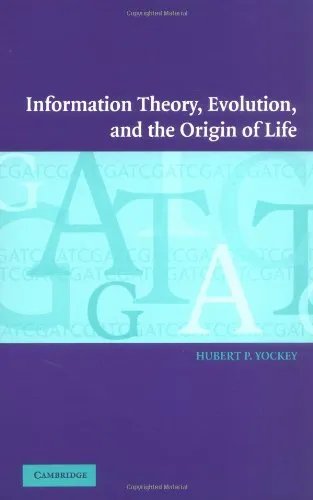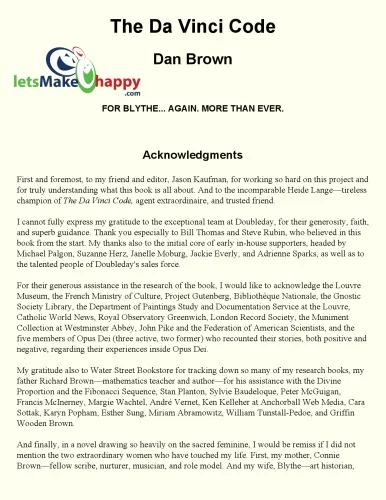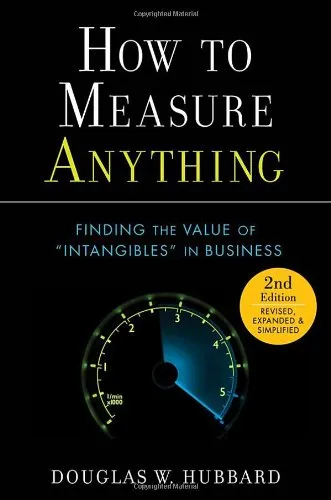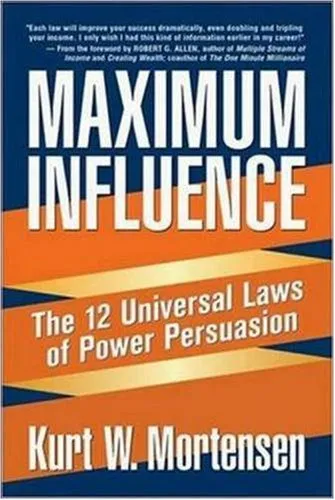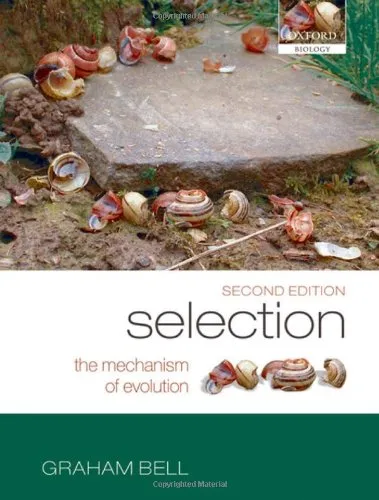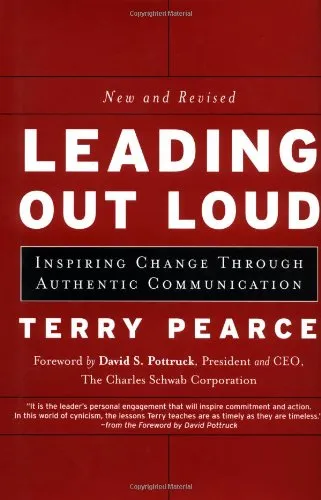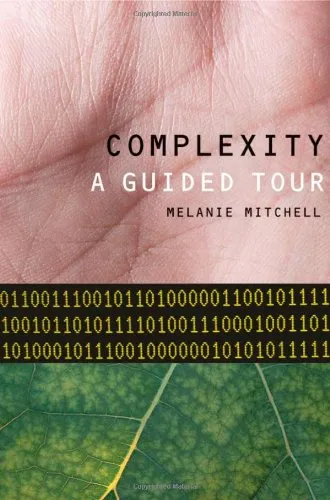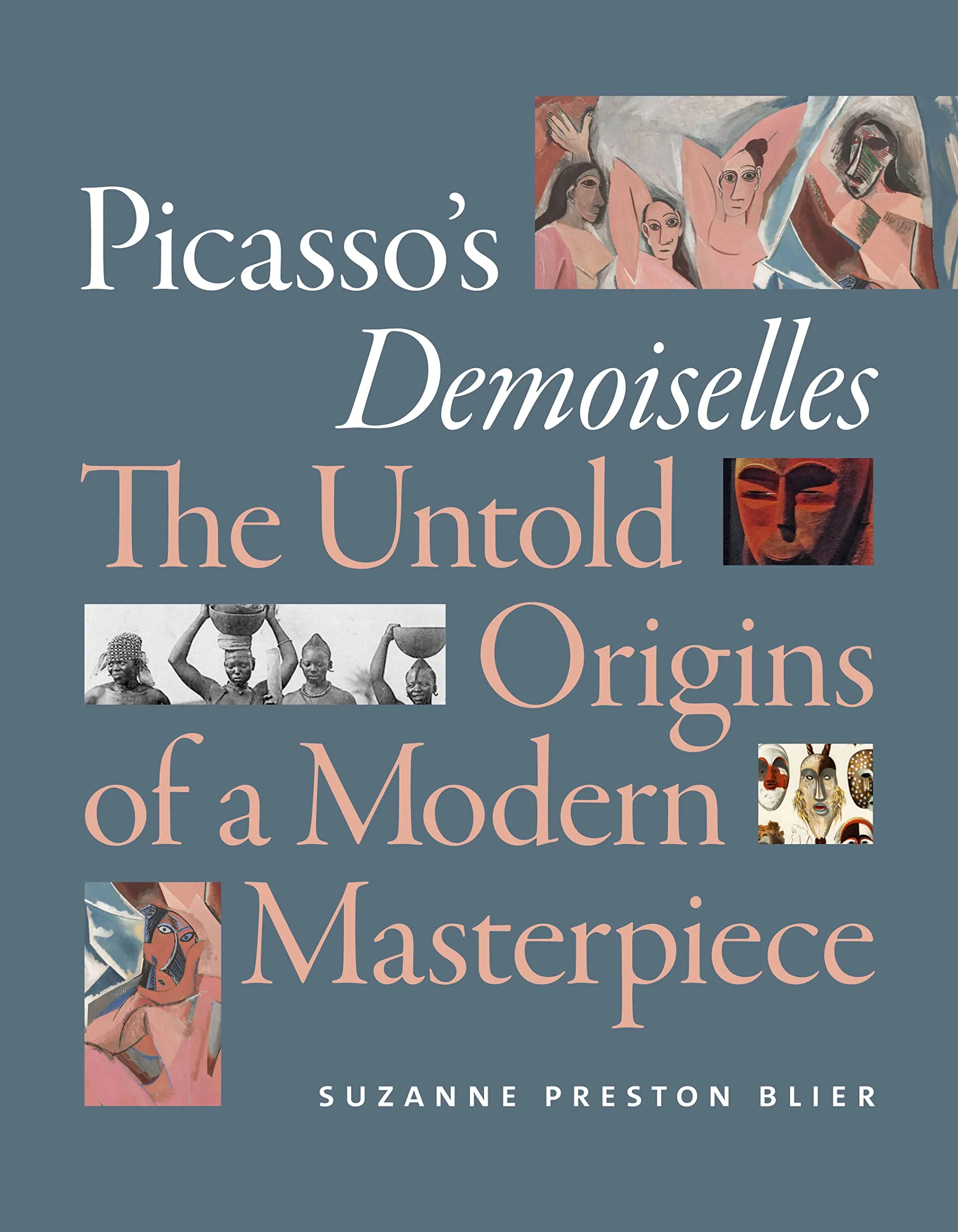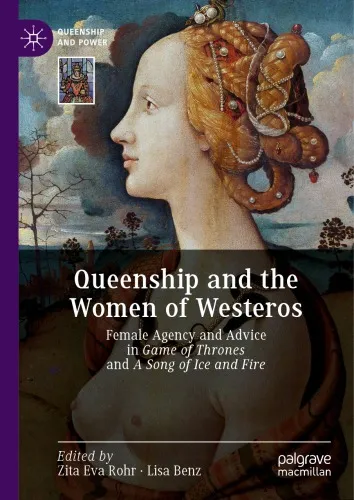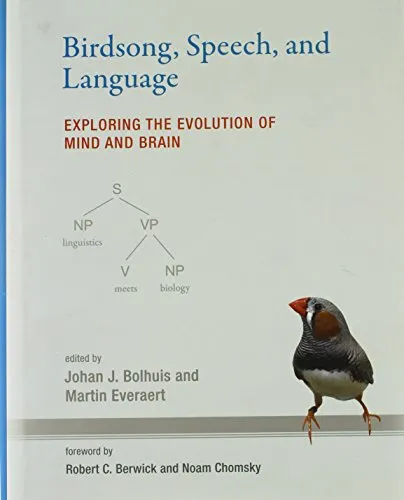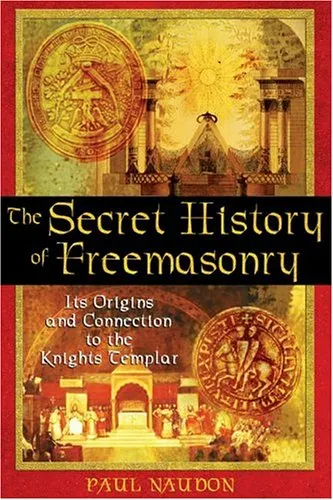Information theory, evolution, and the origin of life
4.2
Reviews from our users

You Can Ask your questions from this book's AI after Login
Each download or ask from book AI costs 2 points. To earn more free points, please visit the Points Guide Page and complete some valuable actions.Related Refrences:
Welcome to the comprehensive introduction of "Information Theory, Evolution, and the Origin of Life" by Hubert P. Yockey. This groundbreaking work synthesizes fundamental concepts from information theory with profound implications for understanding evolution and the origin of life. As you immerse in this text, you'll find yourself exploring the intricate relationship between biology, information, and the processes that have crafted life as we know it.
Summary of the Book
In "Information Theory, Evolution, and the Origin of Life", Hubert P. Yockey embarks on an intellectual journey to explore the intersection of information theory and biological sciences. The book delves into how information theory, first developed to improve communication technologies, provides essential insights into the complex processes of life's origins and its evolutionary trajectory. Yockey argues that life's complexity and organization can be understood through the lens of information, focusing on how genetic code conveys life's instructions.
The book effectively dismantles and reassembles the concept of information, discussing fundamental theories from Claude Shannon's pioneering work on information theory and applying these principles to molecular biology. Yockey's narrative insists on the indispensable role of information as a foundation for the life sciences, posing that without adequate information-encoding mechanisms, the phenomenon of life remains implausible.
A considerable portion of the book is dedicated to illustrating how the principles of entropy and information content shed light on the genetic code's structure and evolution. It provides a robust framework for understanding the mechanisms of heredity and the transformative processes that drive evolution. Yockey's text integrates mathematics and biological context to illuminate this complex relationship further. Additionally, the book critiques alternative theories on life's origins, emphasizing the necessity of information theory in resolving these scientific conundrums.
Key Takeaways
Here are the essential takeaways from Hubert P. Yockey’s seminal work:
- Information theory is a crucial analytical tool for understanding biological processes and life's origin.
- The genetic code serves as more than just a chemical sequence; it represents an essential information system central to life.
- Evolution and the origin of life are intricately linked through mechanisms of information transmission and processing.
- Yockey demonstrates the limitations of purely materialistic theories in explaining the complexity of living systems.
- The concept of entropy and its informational context is pivotal in deciphering biological organization and genetic mutation.
Famous Quotes from the Book
“The sequence hypothesis proposed by Francis Crick is simply a result of the property of the genetic code to process information effectively.”
“Life is a synthesis of information, and without it, the phenomenon cannot exist or sustain itself.”
“Biological information and physical entropy are two sides of the same coin, defining the equilibrium of our living systems.”
Why This Book Matters
Hubert P. Yockey's "Information Theory, Evolution, and the Origin of Life" is a landmark in scientific literature. It puts forth an invaluable perspective that bridges abstract mathematical concepts with tangible biological phenomena. As science continues to unravel the mysteries of genetics, Yockey's insights provide a crucial perspective for understanding life's linguistic and information-based underpinnings. This book is pivotal for academics and enthusiasts alike, who seek to deepen their understanding of biology's complexity and the information systems that underpin life's intrigue. Yockey’s work challenges preconceived notions and invites readers to reconsider the role of information, ensuring it remains a timeless reference in scientific inquiry.
Free Direct Download
You Can Download this book after Login
Accessing books through legal platforms and public libraries not only supports the rights of authors and publishers but also contributes to the sustainability of reading culture. Before downloading, please take a moment to consider these options.
Find this book on other platforms:
WorldCat helps you find books in libraries worldwide.
See ratings, reviews, and discussions on Goodreads.
Find and buy rare or used books on AbeBooks.
1398
بازدید4.2
امتیاز0
نظر98%
رضایتReviews:
4.2
Based on 0 users review
Questions & Answers
Ask questions about this book or help others by answering
No questions yet. Be the first to ask!
